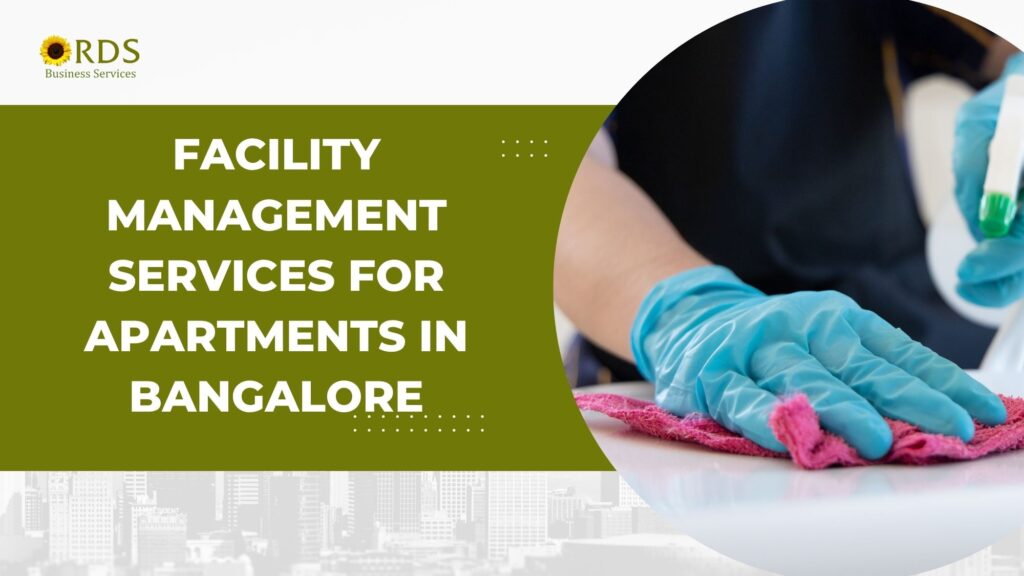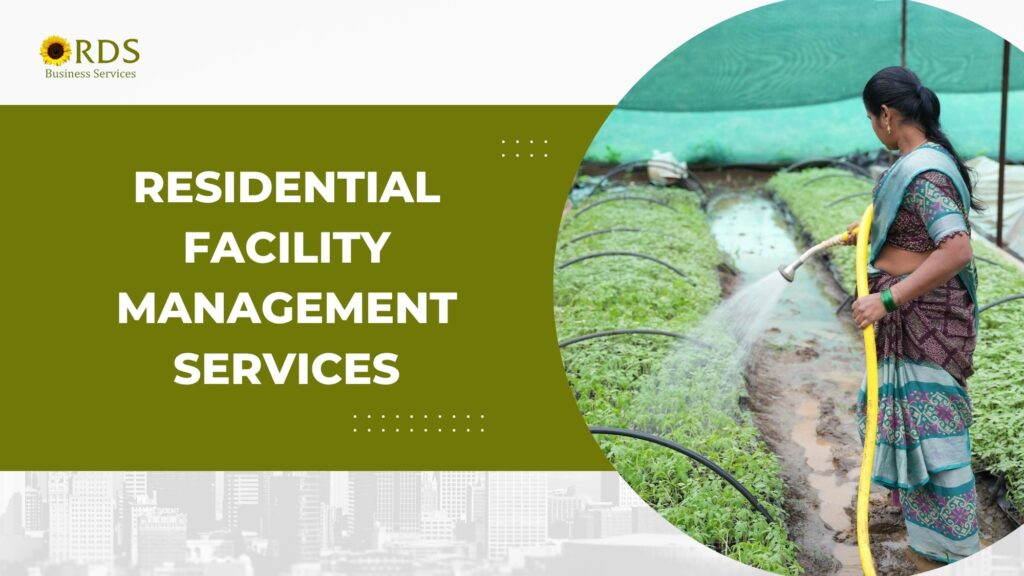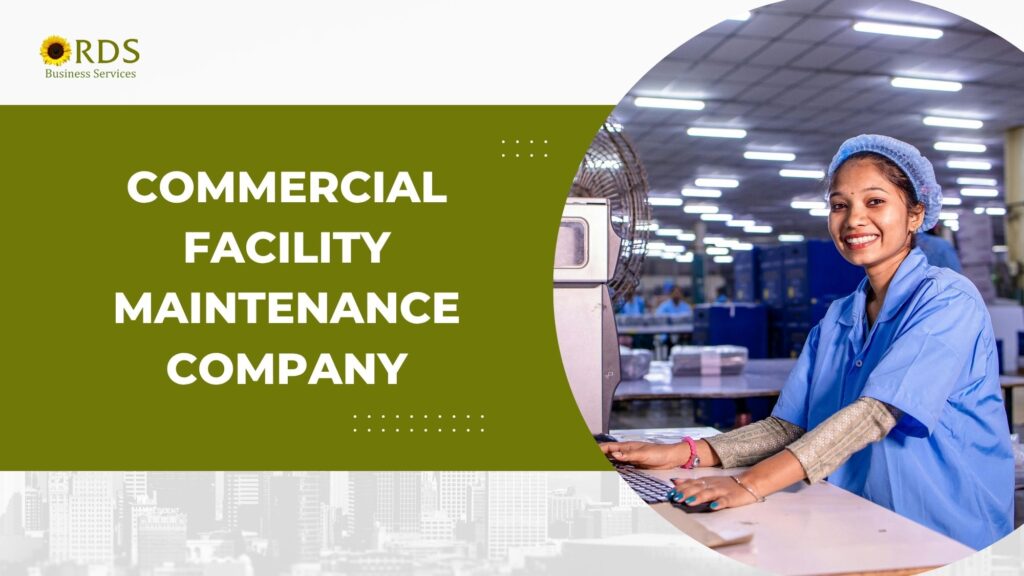
In the hospitality industry, the quality of a hotel’s services is a direct reflection of its overall success. While excellent customer service, luxurious amenities, and a prime location are vital, a hotel’s facility management plays a crucial role in creating a seamless guest experience. Effective facility management not only ensures that a hotel’s physical assets are well-maintained, but it also enhances operational efficiency, reduces costs, and contributes to sustainability. This blog delves into the importance of facility management in the hotel industry and how it impacts both the guest experience and the bottom line.
Table of Contents
What is Facility Management in the Hotel Industry?
Facility management in the hotel industry involves overseeing and maintaining all physical aspects of a hotel property. This includes everything from building maintenance, HVAC systems, and plumbing to ensuring cleanliness, safety, and compliance with local regulations. The goal is to provide a comfortable, safe, and aesthetically pleasing environment for guests, while also ensuring that operations run smoothly behind the scenes.
Key components of facility management in hotels include:
Preventative Maintenance: Regular inspections and maintenance of HVAC systems, elevators, plumbing, lighting, and other critical infrastructure to prevent breakdowns and extend asset life.
Cleaning and Housekeeping: Ensuring that all areas of the hotel, from guest rooms to public spaces, are impeccably clean and hygienic.
Energy Management: Efficient energy use in heating, cooling, lighting, and water systems to reduce costs and environmental impact.
Safety and Compliance: Ensuring that the property meets local safety codes, including fire safety, emergency exits, and health regulations.
Guest Experience: Creating a comfortable and welcoming environment by maintaining functional facilities that enhance guest satisfaction.
Why is Facility Management Crucial for Hotels?
Enhancing Guest Satisfaction A clean, well-maintained hotel creates a positive first impression and sets the tone for the guest experience. Guests expect amenities to be in perfect working order—whether it’s the air conditioning, Wi-Fi, or bathroom fixtures. A proactive facility management strategy ensures that all of these elements are running smoothly, resulting in better guest reviews and repeat business.
Cost Efficiency Proper facility management helps to prevent costly emergency repairs by identifying potential issues before they escalate. Regular preventative maintenance not only extends the lifespan of equipment but also reduces the likelihood of unexpected downtime or disruptions, which can be detrimental to both guest experience and the hotel’s revenue.
Sustainability With growing concerns about sustainability, hotels are increasingly turning to green practices as part of their facility management strategies. Energy-efficient lighting, water-saving devices, and eco-friendly cleaning products contribute to lower operating costs while also aligning with global sustainability trends. For example, adopting smart thermostats can help reduce energy consumption without sacrificing guest comfort.
Health and Safety Compliance Hotels must adhere to strict health and safety regulations, and facility managers are responsible for ensuring that these standards are met. From fire safety measures to ensuring clean water and sanitation, facility management is key to protecting both guests and staff. Regular audits and inspections are necessary to stay ahead of changing regulations and avoid legal issues.
Operational Efficiency When facilities are properly maintained, the operational side of hotel management becomes more efficient. From the smooth operation of HVAC systems to well-organized housekeeping schedules, efficient facility management ensures that the hotel runs seamlessly. This can help improve employee productivity and optimize workflows across departments.
Best Practices for Facility Management in Hotels
To truly excel in facility management, hotel operators should adopt best practices that address the unique needs of the hospitality sector. Here are some key strategies:
1. Implement Preventive Maintenance
Investing in a preventive maintenance program can significantly reduce the number of repairs needed over time. Regularly servicing HVAC systems, checking plumbing for leaks, and inspecting electrical systems can prevent breakdowns and ensure everything is functioning as it should.
2. Utilize Technology and Smart Solutions
Technology plays a crucial role in modern facility management. Integrated management systems, Internet of Things (IoT) devices, and smart sensors can monitor energy usage, alert maintenance teams to potential issues, and even optimize the guest experience. For example, using smart thermostats in guest rooms can enhance comfort while minimizing energy waste.
3. Focus on Energy Efficiency
Hotels consume a lot of energy, and managing this consumption can result in significant cost savings. Installing energy-efficient lighting, upgrading HVAC systems, and using energy-saving appliances are just a few ways hotels can reduce their energy footprint. The shift to sustainable energy sources like solar power can also further cut down energy costs in the long term.
4. Maintain a Clean and Hygienic Environment
In the wake of the COVID-19 pandemic, cleanliness has become more important than ever. Hotels must ensure that they have stringent cleaning protocols in place. This includes regular sanitation of high-touch surfaces and deep cleaning of guest rooms and common areas. Facility management teams should also ensure that all health and hygiene guidelines are consistently followed.
5. Develop an Emergency Response Plan
No matter how well-maintained a hotel is, emergencies can still occur. Whether it’s a plumbing issue, power outage, or fire hazard, a comprehensive emergency response plan is essential for maintaining guest safety and minimizing disruption. Regular training and drills should be conducted to ensure staff is prepared to handle any emergency situation effectively.
The Future of Facility Management in the Hotel Industry
The future of facility management in hotels will likely be shaped by advances in technology, sustainability efforts, and changing guest expectations. Hotels will continue to seek ways to enhance operational efficiency while reducing their environmental impact. Additionally, the integration of artificial intelligence and data analytics into facility management systems can help predict maintenance needs, optimize energy use, and improve guest experience.
Besides, as the ask for personalized guest experiences creates, office organization will also play an essential portion in ensuring that hotels can offer customized services—whether through room temperature changes, quick lighting, or capable Wi-Fi networks—while keeping up tall rules of cleanliness and security.
Conclusion
Effective office administration is vital to the lodging industry, directly influencing visitor satisfaction, operational costs, and sustainability. By embracing innovation, ensuring cleanliness and safety, and adopting energy-efficient practices, inns can enhance guest experiences and operational efficiency.
RDS Business Service offers tailored solutions to streamline operations, boost visitor satisfaction, and support long-term success. Investing in such expertise not only strengthens brand loyalty but positions businesses to thrive in a competitive market.
If you looking to move forward with your hotel’s office administration Practices?
Contact us nowadays! Our master group can offer assistance you execute procedures that boost effectiveness, upgrade visitor fulfillment, and diminish costs. Let’s work together to make an office that visitors cherish and that conveys the best return on speculation.







